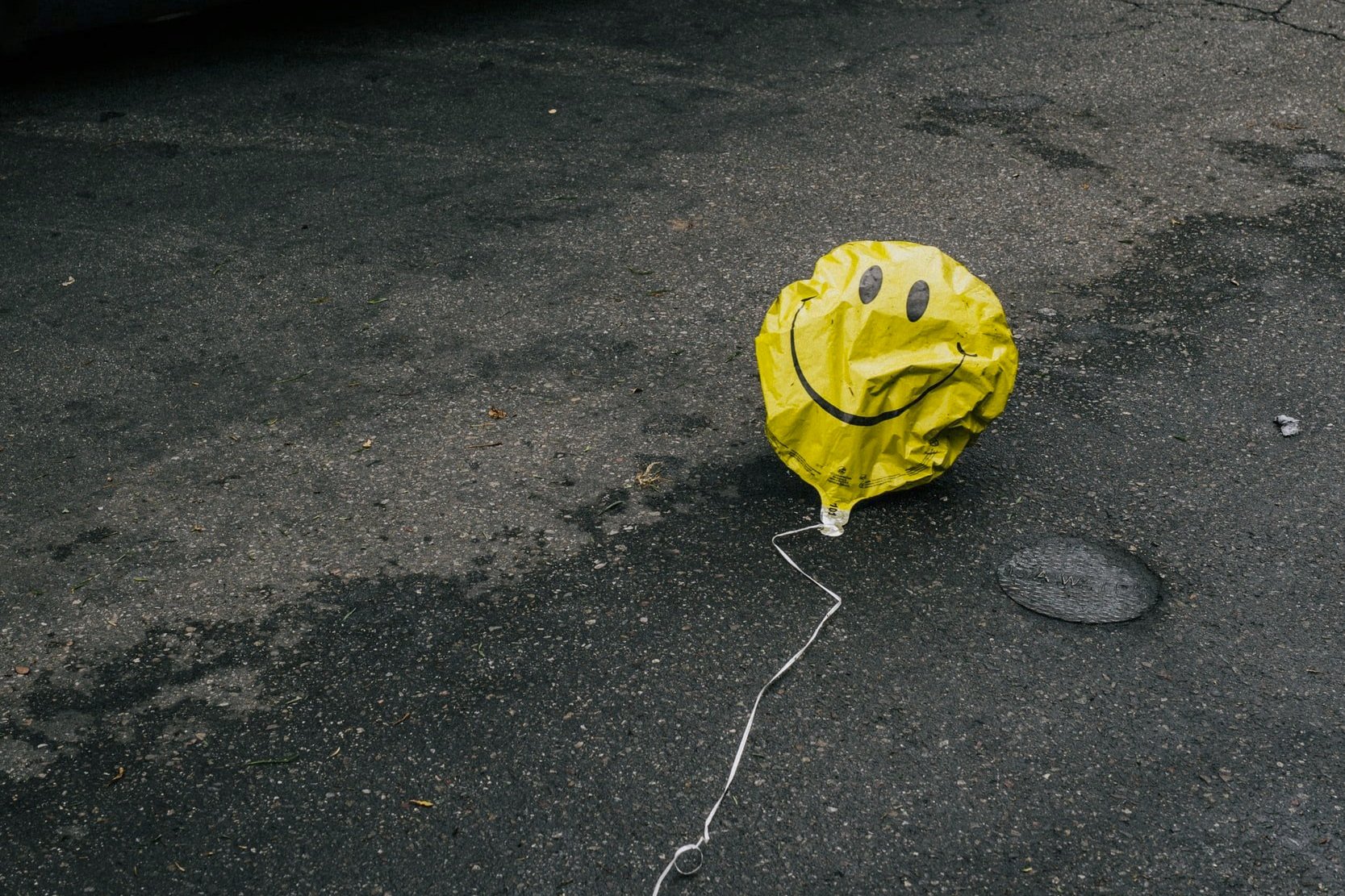A letter to struggling PhD students
A PhD can be many things - impactful, inspiring, eye-opening, career building, however, it can also be one of the most stressful experiences of a person’s life. In this blog, Dr. Aaron Elbourne shares some of his thoughts on the very common struggles of many PhD students and how you can manage them.
1. Your PhD does not define you, nor should it.
It's almost a cliché by now, but there is life beyond your PhD. It’s a degree like any other – it will end, you'll receive your doctorate, or you won't, and both scenarios are OK!
Try to keep in perspective that you are more than your research – with its many successes and failings – and you will ultimately move onto something else.
2. Professional environments are stressful – learn to look after yourself.
At its core a PhD is like a job. You may still be a student, but often your position is more akin to that of an employee. With this comes stress: deadlines, outcomes, supervisors, project management, writing results, working as part of a team, long days (sometimes nights), continued learning, and delivery of milestones.... and EMAILS!! When will they stop? (answer: never!) I would love to say that this ends when you complete your PhD, and to some extent the stresses that you are experiencing now are unique to PhDs and will end, but many professional jobs will also require you to juggle lots of similar demands.
So, my advice: now is the time to develop healthy methods to deal with the stresses of a professional career. But – and this is important – learn to recognise when the stress is too much. Take breaks, have holidays, communicate your stresses to your supervisor(s) and fellow students, confide in friends/colleagues/partners, see a therapist if you need to and realise that 'this too shall pass’ (as a good friend of mine keeps reminding me).
If you feel the stress is too much, or the PhD is no longer a good fit for your health, well-being, or no longer aligns with your career or life goals, then it is also OK to leave. You are not a failure – you are putting you first!
3. Your mental health is your number one priority.
As a PhD student your 'tool' is your brain; you are essentially paid to think. If your mental health is poor, then you will not be able to work effectively. I will even go further – poor mental health will make your work worse. You'll be ineffective, make more mistakes, and waste time! Importantly, if you notice you are not coping or you are struggling then seek help, immediately. The longer you leave things, then worse it gets. Take it from a fellow anxiety-riddled academic.
A further note on this: universities often offer free counselling services. Use them if you need to speak to an independent, objective listener. You can also seek professional help from a counsellor, psychologist, or psychiatrist if you need further help outside the university - there is no pride in suffering, and the earlier you start taking care of your mental health, the better you will be in the long term.
4. You are lost – good. You should be!
Don't understand a method, software, an obscure journal article, or even your own research? Great! It means you’re learning. You are smart and a PhD is a learning exercise which lasts for years. You should be doing new, exciting things, and this territory is plagued with confusion, false-starts, problems, niggles, and strange happenings. Fantastic! You can solve it and you will figure it out! Or consult someone else that knows; academic studies are a collaborative endeavour (or at least they should be!!).
5. Projects fail. All. The. Time.
If your project isn't working, it is not necessarily your fault. Sometimes academic pursuits, experiments, case studies, etc. just don't work. Your hypothesis may have been wrong, you or your supervisor could have had a 'bad' idea*, a study may not work due to outside conditions and require numerous repeats, or the study may just not produce intriguing results.
*Note: a bad idea does not equal being stupid. It just means there is room to rethink your project
You are not unique!..The stress you are feeling is what many students feel.
This is OK! Dust yourself off, assess what you have learnt – what worked, what didn't, and why? – and get back to it. There is always another direction or approach to try, or something you have missed.
Note: sometime things not working is your fault, and that's OK too! You learn from making mistakes, so get out there and make them! Just don't keep making the same mistakes – move forward and progress.
6. You are not alone!
Unfortunately, you are not unique! I say this with as much compassion as I can convey through the written language. The stress you are feeling is what many students feel, everyone has bad days (months.... or even a year), and they don't last forever (although it can feel like it). Your PhD will be filled with ups and downs, swings and roundabouts, highs and lows.... Have I missed any metaphors? The one thing I want you to remember is that you deserve to be doing a PhD and you can succeed!
Take care of yourself first, build your network of peers and mentors, and keep at it. Or, if you do decide that you don't want to continue, then that is OK too – knowing when to quit something that isn’t working for you is a great skill to have.
Overall, life will move forward, and you will be fine.

